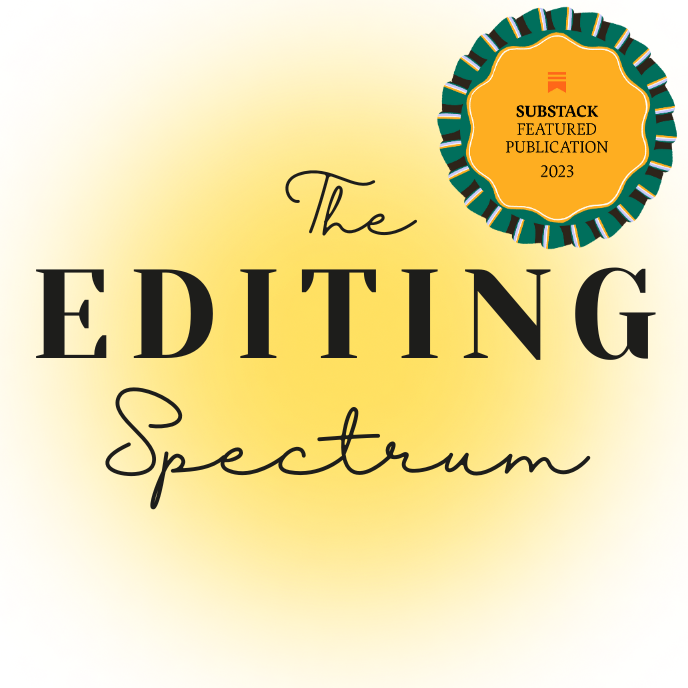Before you self publish, you must start marketing and here's why ...
/When I first began working with aspiring authors, I thought the main barrier to self-publishing would be drawing out a good message.
It turns out, a lot of you have some damn good ideas for things to write about. What really has everyone puzzled is how to market that damn good idea.
There are some practical things to learn (like best practices for storytelling and design). But the art of marketing hasn't been boiled down to a science yet -- and this has a lot of people frustrated.
Every author I meet, I begin by asking: How are you going to market your book? They're so disappointed when I ask this! They expected to wax philosophical about their book idea or book cover sketches. Not so fast, buddy. Invariably we talk about some self-publishing truths such as these:
1. The Internet is the great equalizer for aspiring authors.
In days of old, the only way to effectively reach an audience with a message en masse was to be published by a publisher -- and then ceremoniously plugged into their closed-door distribution channels and promoted based on their estimates of how well your book might sell. But the Internet changed a lot of that. People were no longer gathering just around the water cooler or in the neighborhood bookstore (though, what a shame, really) -- they were gathering online. Seth Godin has a great book about finding and joining your tribe, aka the people who are already talking about the things that matter to you. The Internet, it turns out, is the very reason you're able to be a self-published author.
2. The Internet is the great organizer of audiences.
The Internet and its associated freedom of information created a way to meet audiences that traditional publishing was accustomed to having exclusive access to. Aspiring authors are no longer at the mercy (for lack of a less dramatic term) of publishers opening the door to readers. You can bypass the gatekeeper entirely and find readers yourself. However, as most self-published authors find true, this is no easy task. Whether on topic-specific forums, social media or blogging events, the Internet offers an overwhelming number of options for finding and organizing your audience.
3. Successful self-publishing assumes you know how (or learn how) to identify and market to an audience.
This is why marketing is at the top of every shit list I've seen about self-publishing. A message doesn't just float on the wings of anticipation and luck (though, sometimes, it would seem good luck does play a role). A message has to be carried by the messenger, relentlessly, day in and day out -- regardless of whether or not it's traditionally or self published. There's a saying in entrepreneurship that 80 percent of your time is going to be spent marketing and running your business -- and the other 20 percent is for practicing your art. The exact same is true of self publishing. Learning how to organize an audience and market to that audience will consume most of your energy before, during and after you've written your book.
You know how they say "Without followers, a leader is just a person going for a walk"? The same sentiment could transfer to aspiring authors. If you want to see your message get into the hands of the right people, you have wholeheartedly embrace the idea of spending a lot of energy marketing your book. In the next few days I'll be talking about marketing foundational elements that I think are non-negotiable when you're planning to join the self-publishing world. I hope you'll fill out the form below and stay tuned.
By filling out the form below, you'll receive updates on my work blog. This where I usually talk about self publishing, marketing and communication issues.


